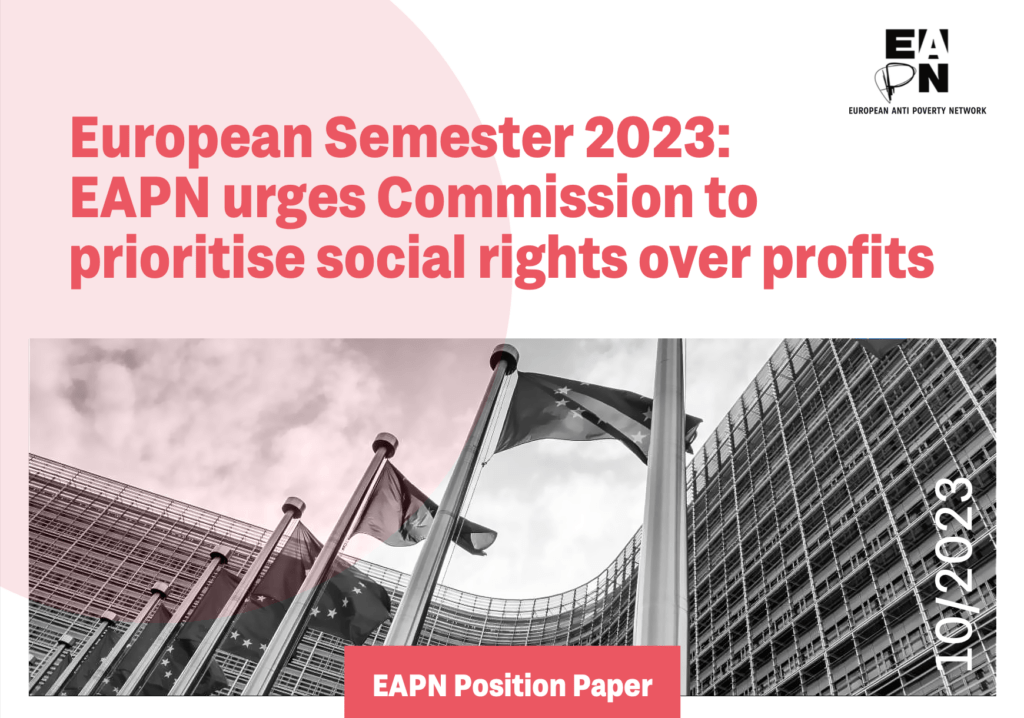
As the COVID-19 pandemic has led to unprecedented fiscal challenges, the European Union (EU) has implemented temporary measures, such as the Next Generation EU recovery fund, to support Member States’ economies. These measures have provided additional flexibility in fiscal rules and have allowed for increased public expenditure in order to address the multiple crises. However, as of 2024, we anticipate a resurgence of austerity measures as EU Member States will be compelled to adhere to the 3% deficit to GDP rule and 60% debt to GDP ratio and therefore will, inevitably, if no exceptions are allowed,
be expected to cut their social spending and reduce investment on social rights initiatives.
Additionally, in 2021, the European Commission presented its EPSR Action Plan and its objective to lift at least
15 million people out of poverty, including 5 million children, a less ambitious target than the SDGs. However, the EPSR, reaching its final stage in 2025, has yet to show significant progress, on the contrary, the AROP in Europe increased from 92.2 in 2019, before the pandemic, to nearly 95.3 million in 2022.
It is evident from the 2023 Spring Package that
despite the semi-recent 2008 financial crisis, the EU
has still failed to learn its lessons and to put forward comprehensive social investment/social rights strategies to secure social welfare. The European Semester continues to prioritise profits over societal well-being and in particular those living in poverty. This year, our reaction focuses on three main topics: energy poverty, rising inflation and the urge for fiscal space for social and green investment.
Read the event report with Key Messages from PEP from across Europe!
